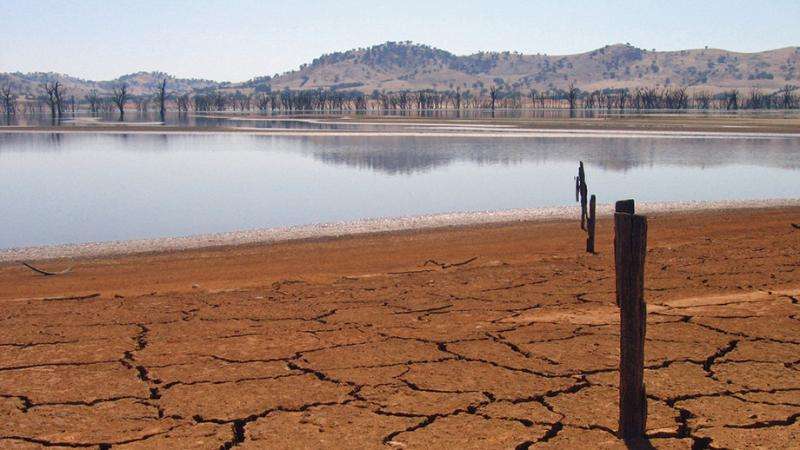Working together to reduce infection in extreme weather events

Researchers have called for health professionals and climate forecasters to work more closely together ahead of extreme weather events and gradual climate change to help prevent the spread of infections.
Lead researcher Dr Aparna Lal from ANU said health researchers were often left out of planning and discussions about the looming climate events.
Dr Lal said more collaboration could help reduce the number of cases of human parasitic infection (cryptosporidiosis) primarily spread through water in extreme weather events or due to gradual climate change.
The Indian Ocean Dipole, a key climate driver in the oceans around Australia, is related to patterns of a human parasitic infection primarily spread through water.
"Such impacts are usually disproportionately felt by the most vulnerable sections of our population- children and the elderly," Dr Lal said.
Dr Lal said as the frequency of positive Indian Ocean Dipole phases is expected to increase, there would be drier conditions for much of Australia.
"This work provides impetus for research to better anticipate where and in whom climate change may have the greatest effect. The research has the potential to inform public health preparedness and planning," she said.
Dr Lal, an applied ecologist from the ANU National Centre for Epidemiology and Population Health, said instances of disease reporting increased during drier than normal conditions.
"Most of the literature tends to focus on flooding events and increases in infectious diseases spread through water," Dr Lal said.
"Equally plausible, but much less researched is the potential for drought like conditions to increase the burden of diseases spread through water due to inadequate storage and concentration of bugs in water.
Researchers will now look at building models to forecast the arrival of these illnesses, identify regions that typically see the first infections and the specific patient groups likely to be affected.
The information will support communities to prepare for anticipated increases in illnesses and will help focus public health action where it is needed most.
The research has been published in the journal Environmental Science and Technology.
More information: Aparna Lal et al. Indian Ocean Dipole and Cryptosporidiosis in Australia: Short-Term and Nonlinear Associations, Environmental Science & Technology (2017). DOI: 10.1021/acs.est.6b05146
Journal information: Environmental Science and Technology , Environmental Science & Technology
Provided by Australian National University




















